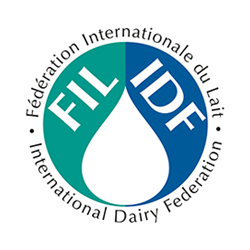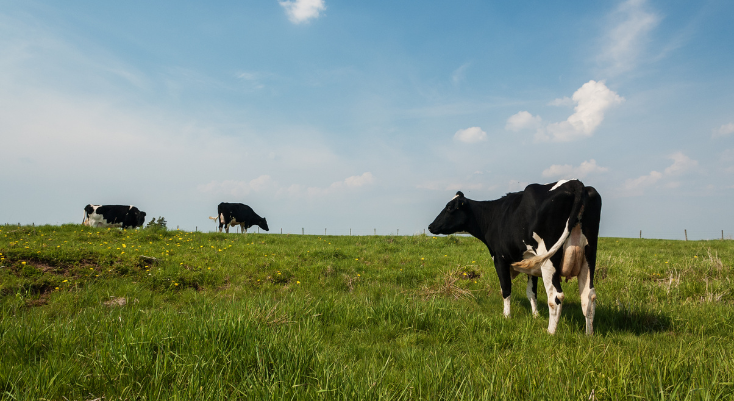November 2022
The United Nations Climate Change Conference (COP27), which will take place 7-18 November 2022 in Egypt, will be an opportunity to discuss how agriculture and dairy can be part of the solution. IDF and GDP, together with the Republic of Uruguay, will be holding a side event on November 11 on the progress made by the global dairy sector’s Pathways to Dairy Net Zero initiative.
Dairy is committed to reducing its impact on GHG emissions, water and land use, while optimizing its positive contribution on soil and eco-system services. This commitment is expressed in the creation of the Dairy Sustainability Framework in 2013, the Dairy Declaration of Rotterdam, signed in 2016 between the IDF and the FAO, and the launch of the Pathways to Dairy Net Zero climate initiative in 2021. COP27 constitutes an unparalleled opportunity to communicate the many efforts that the dairy sector is already engaged in to mitigate environmental impact and enhance climate action.
The dairy sector works every day to nourish the global population with safe and nutritious foods produced in a sustainable manner. Over 6 billion people around the world rely on dairy for nutrition daily. Dairy products are nutrient-dense foods, supplying significant amounts of energy, high-quality protein, and micronutrients, including calcium, magnesium, selenium, riboflavin, and vitamins B5 and B12.
Dairying is also essential to provide livelihoods to one billion people and to feed many more, some of them living in chronic poverty, hunger and undernutrition. Producing, trading and consuming milk and dairy products is essential to building strong communities around the world. The dairy sector helps create resilient food systems where everyone has enough good-quality food to lead healthy, productive lives and, at the same time, to ensure a thriving planet for future generations.
Dairying embraces forward thinking, innovation, and technology, and because of its dynamic nature, it is continuously incorporating new technologies to reduce its environmental impact. Analysis conducted by the UN Food and Agriculture Organization (FAO) comparing data from 2005, 2010 and 2015 found that the sector’s emission intensity over those 10 years declined by 11%.
In this regard, IDF has developed a Global Carbon Footprint standard for the dairy sector to help the global dairy sector develop a robust benchmark for calculating carbon footprints and continue progress in reducing the sector’s GHG emissions across all its value chains. The IDF global Carbon Footprint standard for the dairy industry is an extremely important document for the sector to understand the sources and profile of GHG emissions across the dairy regions of the world and to implement targeted actions to mitigate these as the sector progresses on its journey towards net zero.
IDF also released C-Sequ LCA guidelines for calculating carbon sequestration in cattle production systems. This guideline provides the cattle sector with an appropriate science-based approach to quantifying the sequestration as part of the GHG footprint calculation. The new methodology is the result of four years of collaborative work by the dairy and beef sectors. The purpose of the project was to develop a method that, through quantification, supports and encourages farmers in implementing practices that promote carbon sequestration and thereby mitigate climate change.
The dairy sector has also developed evidence around GWP*, a relatively new metric to measure the warming equivalent emissions of methane. This evidence includes a comprehensive literature review and modeling research that found GWP* provides a more accurate evaluation of the global warming impact of methane than does GWP100. Although GWP* has proven to be an excellent planning and forecasting tool, there are limits to its applicability.
In addition, a new report by FAO, GDP and the Global Research Alliance on Agricultural Greenhouse Gases found that improving animal health can help cut GHG emissions, as diseases affecting animals, how long they live and how productive they are all have a significant impact on GHGs.
For these reasons, the global dairy sector is actively engaged in climate change discussions, including COP27. The International Dairy Federation and Global Dairy Platform and their members are contributing to COP27 with game-changing solutions like those noted above. We will continue to participate in global, regional and national dialogues to share the important role dairy can play in helping to solve this critical challenge for the planet. For more information: https://fil-idf.org/dairys-global-impact/dairy-sustainability-outlook/ and https://pathwaystodairynetzero.org/














